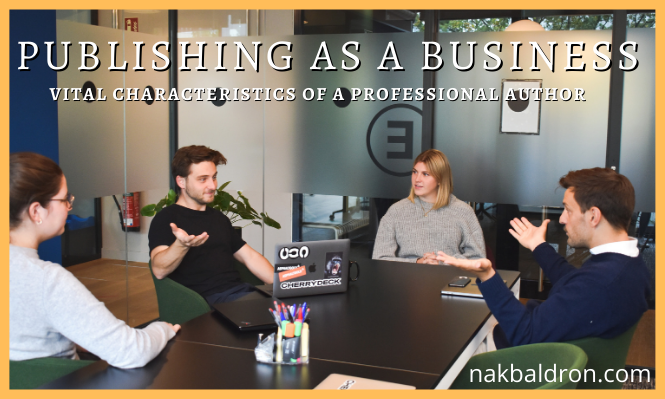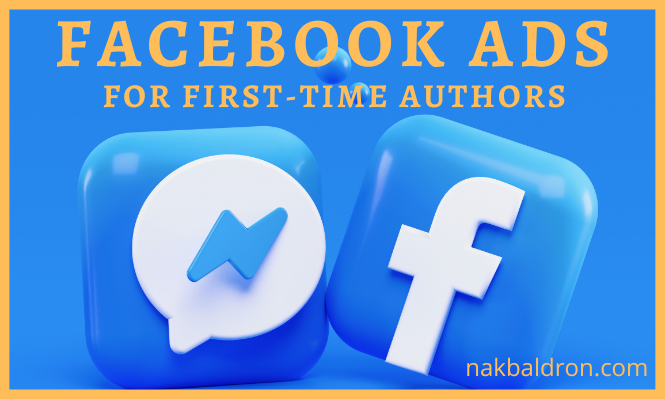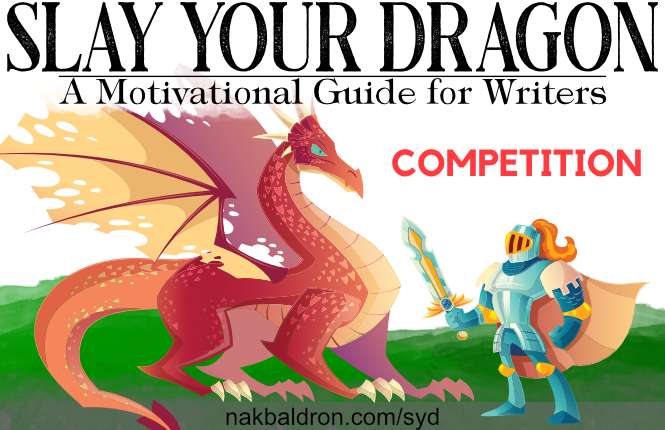As a professional author, it is essential to have a clear understanding of the business side of publishing in order to succeed in the industry. This involves understanding the different roles and responsibilities within the publishing industry, as well as the various channels through which your work can be published and distributed. This includes knowing the differences between agents, publishers, and editors, and understanding their respective roles in the publishing process.
Agents are professionals who represent writers and help them sell their work to publishers. They often handle the business aspects of publishing, such as negotiating contracts and advances, and they receive a percentage of the author’s income as a commission.
Publishers are companies that produce and distribute books, either through print or digital formats. They are responsible for acquiring manuscripts, editing and producing the books, and marketing and distributing them to bookstores and other outlets.
Editors are professionals who work with writers to improve their manuscripts and ensure that they meet the standards of the publishing industry. They work with writers to develop their ideas, refine their writing, and make their work as polished and professional as possible.
In addition to understanding the different roles and responsibilities within the publishing industry, it is also important to understand the various channels through which your work can be published and distributed. This includes traditional publishing, self-publishing, and hybrid publishing.
Traditional publishing involves submitting your work to a publisher and hoping to be accepted for publication. If your work is accepted, the publisher will handle the editing, production, and distribution of your book, and you will receive an advance and a percentage of the profits.
Self-publishing involves publishing your work independently, without the help of a traditional publisher. This option gives you more control over the publishing process, but it also requires you to handle the editing, production, and distribution of your book yourself.
Hybrid publishing is a combination of traditional and self-publishing, in which the author works with a publisher to produce and distribute some of their books while self-publishing others. Hybrid publishing typically offers more support and resources than self-publishing, but the author still has more control and ownership over their work than they would with traditional publishing alone. However, this option is only available to authors who achieve greater success within traditional publishing or self-publishing first before blending the two.
Agents:
Agents play a crucial role in the traditional publishing industry, as they help writers navigate the complex process of selling their work to publishers. They have relationships with publishers and can often get manuscripts in front of the right people, increasing the chances of a writer’s work being accepted for publication.
Agents also handle the business side of publishing, including negotiating contracts and advances, and ensuring that writers receive fair compensation for their work. They can also help writers protect their intellectual property and ensure that they are treated fairly in their business dealings.
In addition to handling the business aspects of publishing, agents also provide editorial guidance and support to their clients. They may offer feedback and suggestions on manuscripts, help writers develop their ideas, and work with them to refine their writing.
There are several types of agents, including literary agents, screenwriting agents, and book-to-film agents. Literary agents represent writers of fiction and non-fiction, and help them sell their work to publishers. Screenwriting agents represent writers of screenplays and help them sell their work to studios and production companies. Book-to-film agents represent writers whose work has the potential to be adapted into a film or television show.
Agents can be found through a variety of sources, including writing conferences, online directories, and professional organizations. It is important for writers to do their research and find an agent who is a good fit for their work and their goals.
Publishers:
Book publishers are companies that produce and distribute books, either through print or digital formats. They are responsible for acquiring manuscripts, editing and producing the books, and marketing and distributing them to bookstores and other outlets.
Publishers play a crucial role in the publishing industry, as they help writers bring their work to market and reach a wide audience. They provide editorial guidance and support to writers, helping them develop their ideas and refine their writing. They also handle the production and distribution of books, ensuring that they are of high quality and are widely available to readers. Such as in bookstores and libraries. They often have a selective process for acquiring manuscripts, and writers must submit their work to them for consideration. If a writer’s work is accepted, the publisher will handle the editing, production, and distribution of the book, and the writer will receive an advance and a percentage of the profits.
In addition to the different types of book publishers, there are also different genres and categories of publishing, including fiction, non-fiction, children’s books, and academic publishing. Publishers may specialize in a particular genre or category, or they may publish a wide range of works.
Editors:
Fiction editors work with writers to improve their manuscripts and ensure that they meet the standards of the publishing industry. They work with writers to develop their ideas, refine their writing, and make their work as polished and professional as possible. They may offer feedback and suggestions on manuscripts, suggest changes to improve the flow and structure of a story, and help writers develop their characters and plot.
Fiction editors may work for publishing companies, literary agencies, or as freelancers. They may specialize in a particular genre of fiction, such as mystery, romance, or science fiction, or they may work with a wide range of fiction.
There are several types of fiction editors, including developmental editors, line editors, and copy editors.
Developmental Editors:
Developmental editors work with writers to improve the overall structure and direction of their work. They help writers develop their ideas and plot, and ensure that the work is coherent and well-organized.
Developmental editors may work with writers at different stages of the writing process. Some writers may work with a developmental editor during the planning and development stages, while others may work with a developmental editor after the first draft is complete.
Developmental editors may offer feedback and suggestions on manuscripts, suggest changes to improve the flow and structure of a story, and help writers develop their characters and plot. They may also work with writers to ensure that their work is consistent and well-balanced, and that it has a clear focus and direction.
It is important for writers to find a developmental editor who is a good fit for their gerne and style. A good developmental editor should have a deep understanding of the publishing industry and a passion for helping writers develop their ideas and craft their work.
By working with a developmental editor, writers can improve their work and increase their chances of success in the publishing industry.
Line Editors:
Line editors are professionals who focus on the flow and structure of a story, and work with writers to improve the pacing and cohesiveness of their writing. They may suggest changes to improve the structure and flow of a story, and help writers ensure that their work is well-balanced and has a clear focus and direction. They typically focus more on the chapter level issues; whereas developmental editors are focused on the larger structure of a novel.
Line editors may offer feedback and suggestions on manuscripts, suggest changes to improve the pacing and cohesiveness of the writing, and help writers ensure that their work is consistent and well-balanced. They may also work with writers to ensure that their work has a clear focus and direction, and that it effectively communicates their message or story to the reader.
Copy Editors:
Copy editors focus on the technical aspects of writing, such as grammar, spelling, and punctuation, and ensure that a manuscript is error-free and polished. They may also work with writers to ensure that their work is consistent and follows industry standards and guidelines. They help ensure the novel is clear and easy to understand, and that it effectively communicates their message or story to the reader.
Editors play a crucial role in the publishing industry, helping writers bring their work to market and reach a wide audience. They provide editorial guidance and support, and specialize in different types of editing to improve the structure, flow, and technical aspects of a story. By working with an editor, writers can improve their work and increase their chances of success in the publishing industry.
Book Cover Artists:
Cover artists design the covers of books, either for print or digital formats. They play a crucial role in the publishing industry, as the cover of a book is often the first thing that a reader sees, and it can influence their decision to purchase or read the book.
Book cover artists work with writers, publishers, and marketing teams to create cover designs that reflect the genre, content, and themes of a book, and that appeal to the target audience. A professional cover artist is the most important freelancer a self-published author works with.
They may work with writers and publishers to develop concept ideas, and create sketches and mockups of the cover design. They may also work with marketing teams to ensure that the cover design is consistent with the overall branding and marketing strategy of the book.
Book cover artists may work for publishing companies, design firms, or as freelancers. They may specialize in a particular genre of book, or they may work with a wide range of genres. Typically an artist that specializes into a singular genre, will have a better eye for attracting that genre’s readers.
It is important for writers and publishers to find a book cover artist who is a good fit for their work and their goals. A good book cover artist should have a strong portfolio of work, and be able to create designs that reflect the content and themes of a book, and that appeal to the target audience. They should also be able to work well with writers, publishers, and marketing teams, and be able to meet deadlines and budgets.
Book cover artists may use a variety of tools and techniques to create cover designs, including graphic design software, illustration, and photography. They may also work with printers and manufacturers to ensure that the cover design is properly formatted and printed, and meets industry standards and guidelines.
Direct Distribution Channels:
Direct distribution channels are methods that authors can use to self-publish their work and sell it directly to readers, without going through a traditional publisher. These channels allow authors to have more control over the production and distribution of their work, and to retain a larger percentage of the profits.
Some direct distribution channels that authors can use to self-publish include:
Online retailers: Authors can sell their work directly to readers through online retailers such as Amazon, Barnes & Noble, and Apple Books. These retailers allow authors to upload their work, set the price, and receive a percentage of the profits from each sale.
Print-on-demand: Print-on-demand (POD) services allow authors to print copies of their work as needed, rather than printing a large quantity upfront. POD services such as CreateSpace and IngramSpark handle the production, distribution, and fulfillment of the author’s work, and the author receives a percentage of the profits from each sale.
E-book platforms: E-book platforms such as KDP Select, Draft2Digitial, Kobo, and Smashwords allow authors to sell their work as e-books directly to readers. Authors can upload their work, set the price, and receive a percentage of the profits from each sale.
BookFunnel: is an excellent option for authors with an established audience as they can sell directly to them, without the need for a retailer, and keep over 90% of the royalties. Valid option for e-books and audiobooks.
In addition to understanding the different roles and responsibilities within the publishing industry and the various channels through which your work can be published and distributed, it is also important to be proactive in promoting your work and building your brand. This involves building an online presence, networking and building relationships within the industry, and utilizing media and PR opportunities to reach a wider audience.
Overall, a clear understanding of the business side of publishing is essential for success as a professional author. By understanding the different roles and responsibilities within the industry, the various channels through which your work can be published and distributed, and the importance of building your brand and promoting your work effectively, you can position yourself for success in the competitive world of publishing.
Become a member of Aconite Café’s Writer Tribe Patreon and join an exclusive Discord community where you can connect with like-minded writers and take your craft to the next level. Every week, I host a voice chat where I present a thought-provoking topic and answer your questions to help you deepen your understanding and improve your marketing and writing skills.
Don’t miss out on this opportunity to be part of a supportive and dynamic writing community – join today and start reaching your full potential as a writer!





